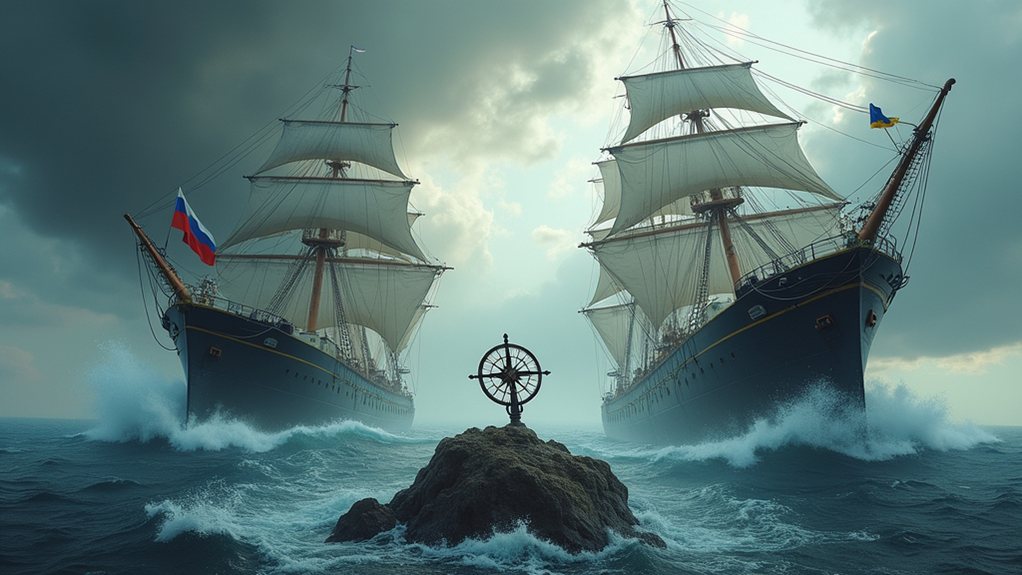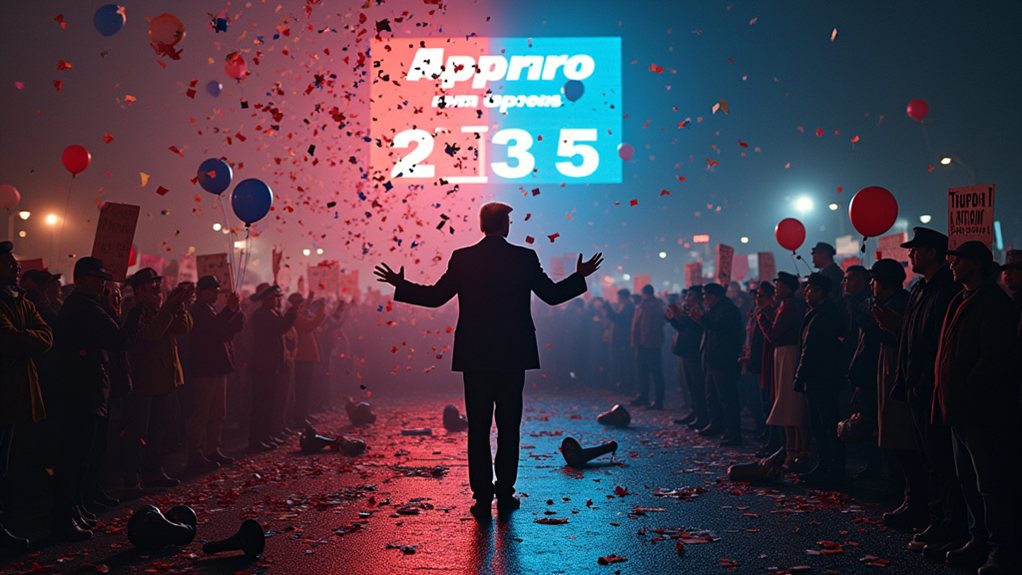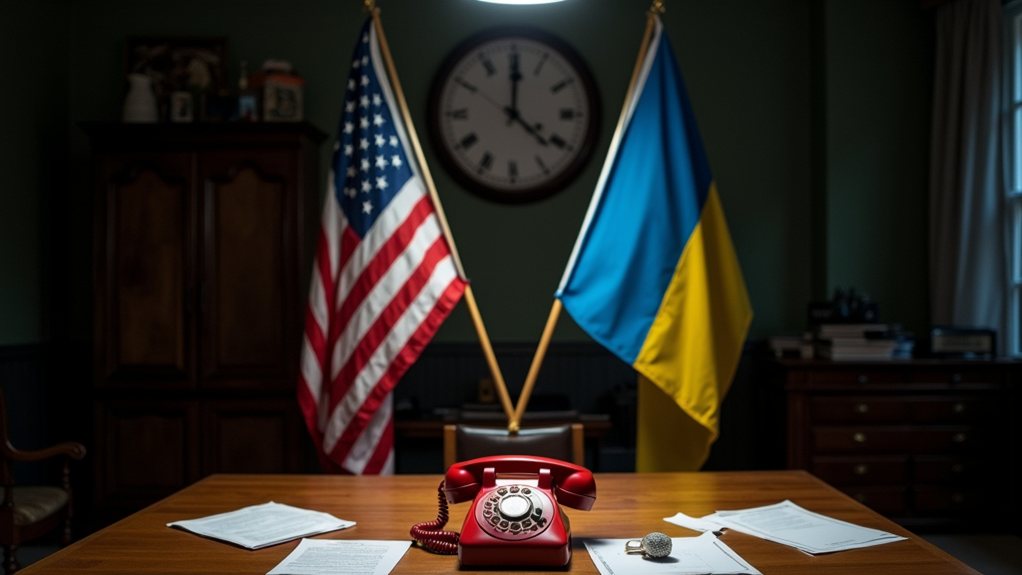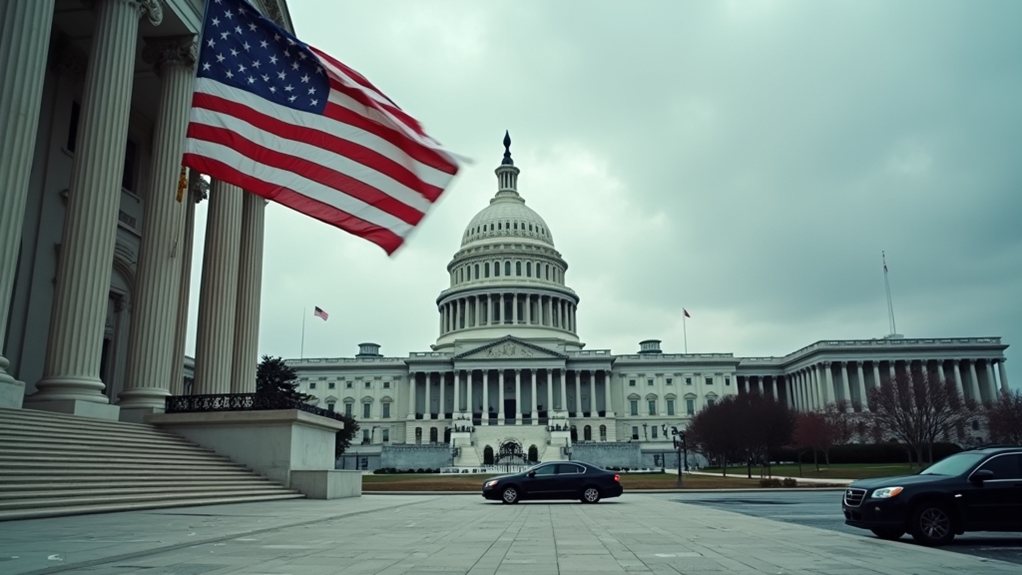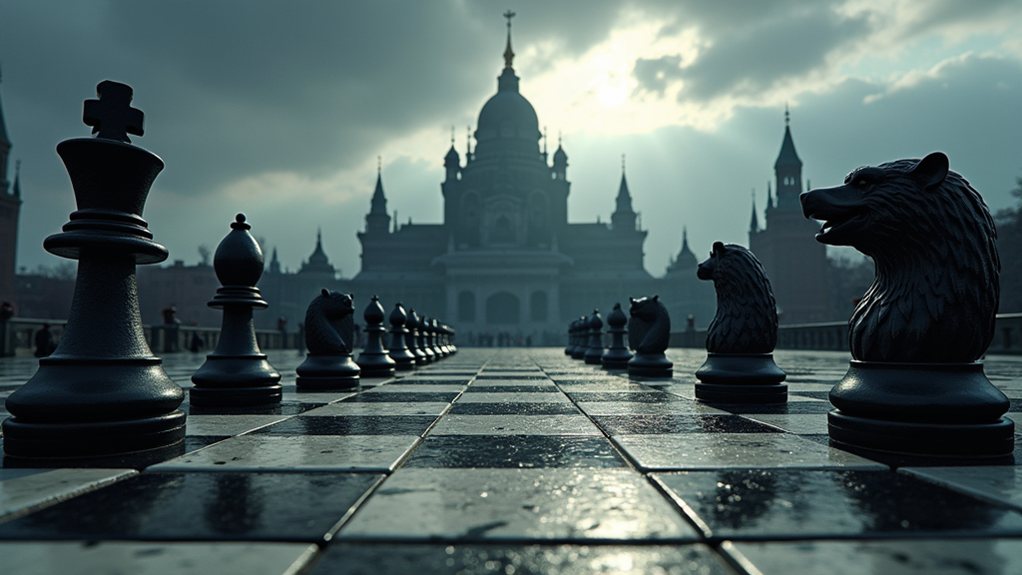As tensions in Ukraine continue to rise, former President Donald Trump's stance on Russia has drawn attention. Trump has long been known for his pro-Russia views. He once admired President Vladimir Putin and questioned the need for NATO. In the past, Trump even suggested recognizing Russia's annexation of Crimea. In 2025, he paused military aid to Ukraine and described the country as "difficult" to deal with.
However, pressure from Republican lawmakers and NATO allies has been mounting. Many GOP members have urged stronger support for Ukraine, worried about U.S. commitment to the alliance. Defense officials have called for continued aid, while public opinion polls show that many Americans support Ukraine. Experts warn that a lack of support could embolden Russia.
Pressure is mounting from GOP lawmakers and NATO allies for stronger support for Ukraine amidst growing concerns over U.S. commitment.
After Russian missile strikes on Ukrainian infrastructure, Trump's rhetoric shifted. He condemned the attacks and threatened sanctions on Russia. He even called for immediate ceasefire negotiations and suggested large-scale banking sanctions against Russia. He urged both sides to "get to the table right now." Trump has expressed a belief that Russia holds a stronger position in negotiations, complicating Ukraine's efforts for peace.
Despite this shift, Trump's statements about Putin remain contradictory. He claimed that Putin would be "generous" in peace talks and expressed a belief that the Russian leader wants to end the war. Trump also said Russia was simply doing "what anybody else would do." He criticized Ukraine for not having enough negotiating leverage. Additionally, the status code displayed suggests that a lack of support could lead to significant consequences for Ukraine's safety.
These mixed messages have strained U.S.-Ukraine relations. There has been a pause in intelligence sharing with Ukraine, and tensions flared during a heated argument between Trump and Ukrainian President Zelensky in the Oval Office. Additionally, Trump's stance appeals to the isolationist wing of the Republican Party, setting him apart from President Biden's approach.
Internationally, reactions have been mixed. European allies worry about U.S. commitment, while Russian media has positively covered Trump's statements. This situation has made Ukrainian officials seek alternative support, leading to discussions about European defense autonomy.
